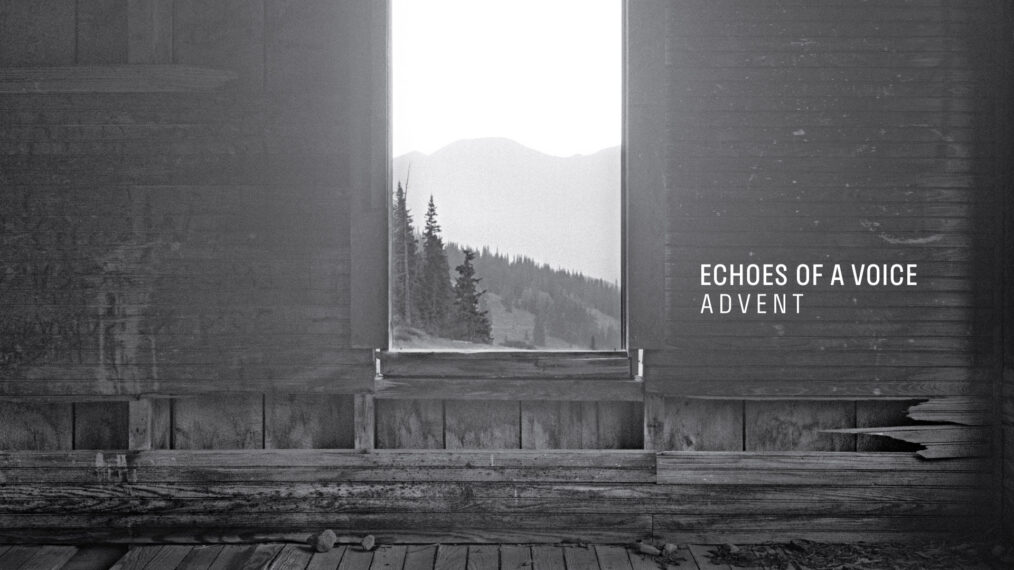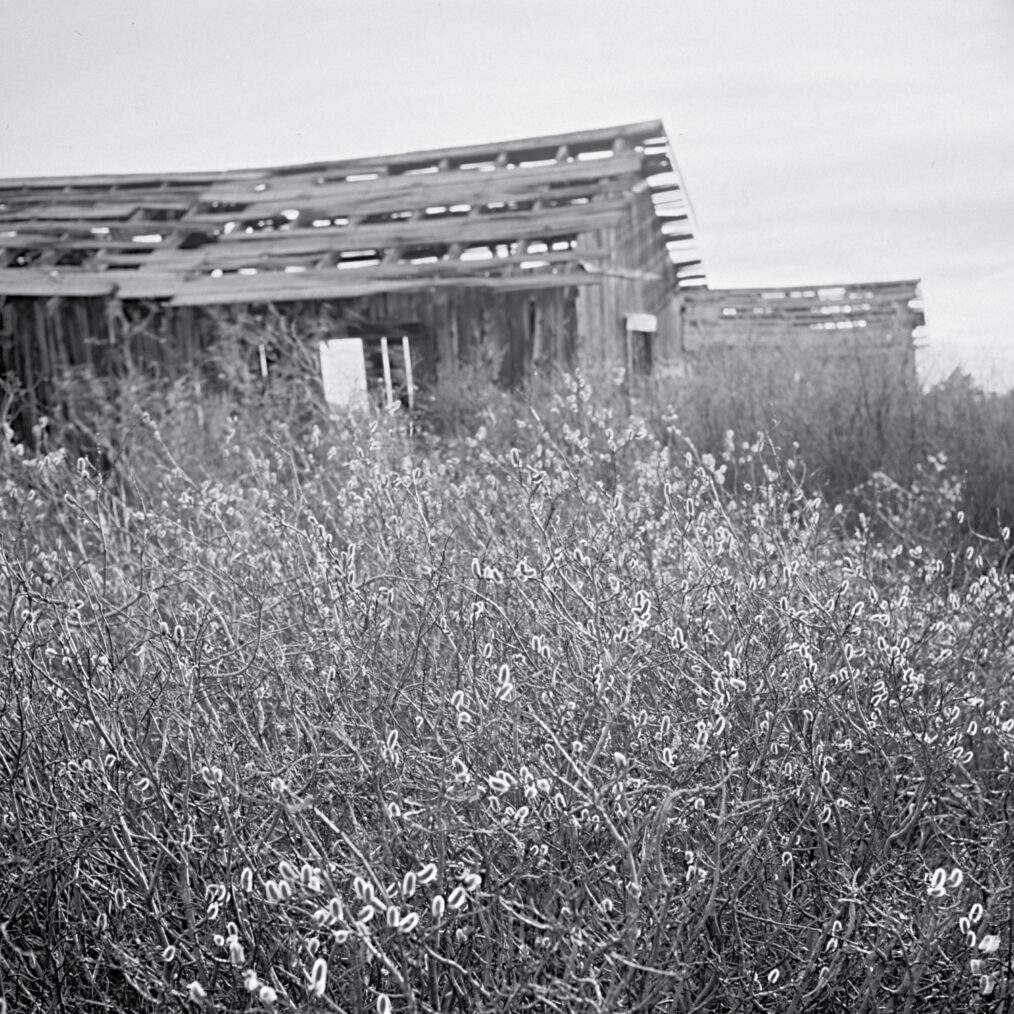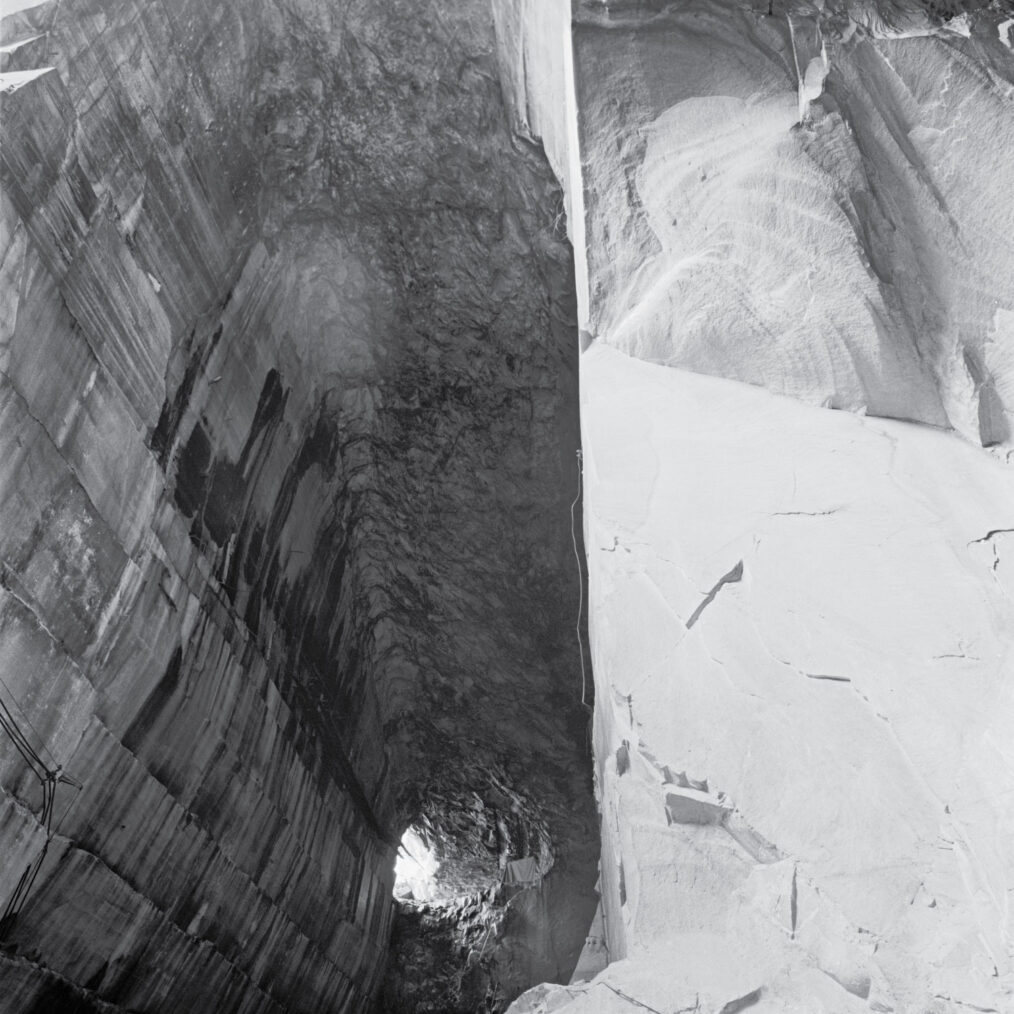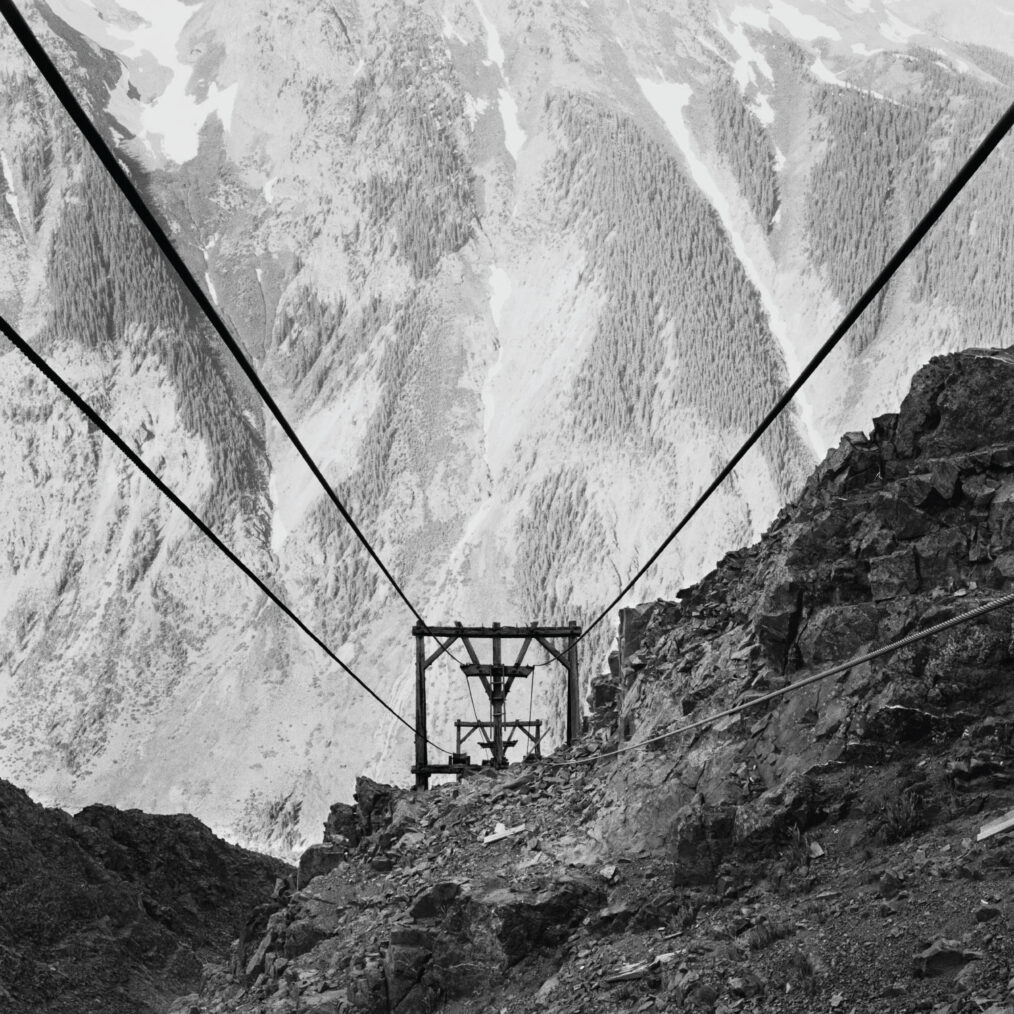Podcast: Play in new window | Download
Jesus’ birth is also known as the “first Advent.” While we joyfully celebrated this day, we are still waiting for the second Advent—when Jesus return. The Bible promises us that Jesus is coming back and that He will make right all the things that are broken in our world; that He will redeem the world itself into a new creation.
Jesus came quietly into the world. Though He came humbly, He came as the fulfillment of everything we’ve longed for.
This is part four in a series on our artwork for “Echoes of a Voice,” our series for Advent 2020. If you haven’t read the intro to the series, start there first! You don’t need to read each post in order, but here is post one, post two, and post three if you haven’t seen them.
Replay the “Delight in Beauty” Service
Creation is filled with beauty. The beauty all around us sings of God’s design. God is beautiful. Jesus is beautiful. Of course we should seek after beauty! But what are we inclined to do with our beauty cravings? Is it easy to satisfy our hearts (prone to wander as they are) with the notion that all beauty is meant to direct our gaze upward toward our maker? Cheap “beauties” surround us, and to make matters worse, our culture tends to tell us things that draw us inward: “You are what’s most beautiful—if people would just stop to appreciate you!”
In this fourth John Forney photograph from his What Remains? series, a flood of cottontails is illuminated. One could easily stop there, enjoying the glow, not fully actualizing the ancient skeleton homes that stalk the background.
While the illuminated cottontails are beautiful and should, by all means, be enjoyed as such, they also give us a good example when it comes to our delight in beauty: the glow comes from light outside of the frame. As David writes in Psalm 16:2, “I say to the LORD, ‘You are my Lord, I have no good apart from You’,” anything abstracted from God cannot be enjoyed in full, but only out-of-context. The skeleton home of our world, which perpetually tries to delight in beauty (or anything) apart from God, serves as a stark reminder: there’s nothing to see if not for the light.
But how that light shines! In Advent, we remember that “The light shines in the darkness, and the darkness has not overcome it,” because “the Word became flesh and dwelt among us…”
When we look upon the Lord, in all His splendor and beauty, it brings us truest joy; an unending joy that cannot be taken away. This comes from following the beauty from the illuminated, earthly thing, to the illuminator. The joy and beauty at the end of that path is not dependent on our emotions, our mood, or what beauty we can “feel” (in ourselves or in the world around us). In addition to this being the beauty we were always meant to enjoy, the beauty of God is also what we ourselves were meant to put on display to others.
Podcast: Play in new window | Download
Our souls long to see beauty. The echoes of God’s beauty are all around us and we long to see it fully; we long to find it at the source.
This is part three in a series on our artwork for “Echoes of a Voice,” our series for Advent 2020. If you haven’t read the intro to the series, start there first! You don’t need to read each post in order, but here is post one and post two if you haven’t seen them.
Replay the “Quest for Spirituality” Service
It is normal for us to search for meaning and purpose through some sort of spirituality. This desire is an echo of God’s voice as we long to know Him, to have faith in Him, and to be in union with Him. We try to find meaning and purpose in our lives. We may try to make sure we’re “good people” by doing the right things. Sometimes we try to be religious or spiritual just to be religious or spiritual.
This third photograph from John Forney’s What Remains? series is from a marble mine in Marble, Colorado. A high ledge is seen in the right hand side of the photo, and on the left hand side the cavern drops steeply, with an entrance/exit tunnel letting light in. If the difference in elevation between the lighter rock shelf and the cave entrance below is not immediately obvious, the texture on the dark wall is worth a second look: a hundred layers of excavation clarify the dizzying difference. So why this photo?
Without Christ in mind, our quest for spirituality progressively reveals something that horrifies us, whether or not we concede to it: it’s a long way up from here. We’re faced with an astounding wall and we have no rope, no ladder, and truly no choice—our innate drive is to get up there, to not stay in the depths. It’s easy to see why. But the light at both the top and the bottom of this cave is the same—an echo from the surface.
The Christian has a drastically different faith than any other religious or spiritual system in the world, and it all boils down what we do at this universally-met “cave wall.” In Christ, God has already done all the work to make us acceptable; to meet us to transcendence beyond ourselves. In Christ, God has showed us clearly that He loves us and has rescued us into His joyful union—without us doing anything. In Christ, though cave is still dark and we know how deep down we are, all we need to do is trust that Jesus completed the work, turn our hearts toward His well-evidenced love, and live in joyful response.
This is part two in a series on our artwork for “Echoes of a Voice,” our series for Advent 2020. If you haven’t read the intro to the series, start there first! You don’t need to read each post in order, but here is post one if you haven’t seen it.
Replay the “Hunger for Relationships” Service
God exists in relationship with Himself (Father, Son, and Holy Spirit) and has patterned us after Himself. God is a relational God and therefore we are also created for relationship. Our hunger for relationships with each other is an echo of God’s voice calling us into a relationship with Him.
This second photo from John Forney’s What Remains? series is in the same geographic ballpark as the first photo, the Old One Hundred Boarding House, 2,000 feet above the Old One Hundred Mine in Silverton, Colorado. In a disorienting frame of reference, one mountainside makes up the foreground, while a different mountainside makes up the background. In the middle is the long-derelict tram that ran to and from the boarding house.
In our souls there is a gargantuan longing for intimate relationship with God, but the divide between us regularly feels unfathomable and disorienting. Though surely God is much closer than we think, by giving us each other, He has given us a measure of grace and a signpost. We’re like a tram for each other up a high mountain, or at least we’re a memory of a time when man and God could visit each other like human friends visit.
But at this point in history, Christians know how the chasm between God and man is truly, safely crossed. Jesus came to make a way for us to have a relationship with Him. He went through great lengths: being born as a human, taking on flesh, living a perfect and sinless life, dying in our place, conquering death, and coming back to life so that—because of His life—we could be at peace with God through relationship with our Creator.
Podcast: Play in new window | Download
It is normal for us to search for meaning and purpose through some sort of spirituality. This desire is an echo of God’s voice as we long to know Him, to have faith in Him, and to be in union with Him.



